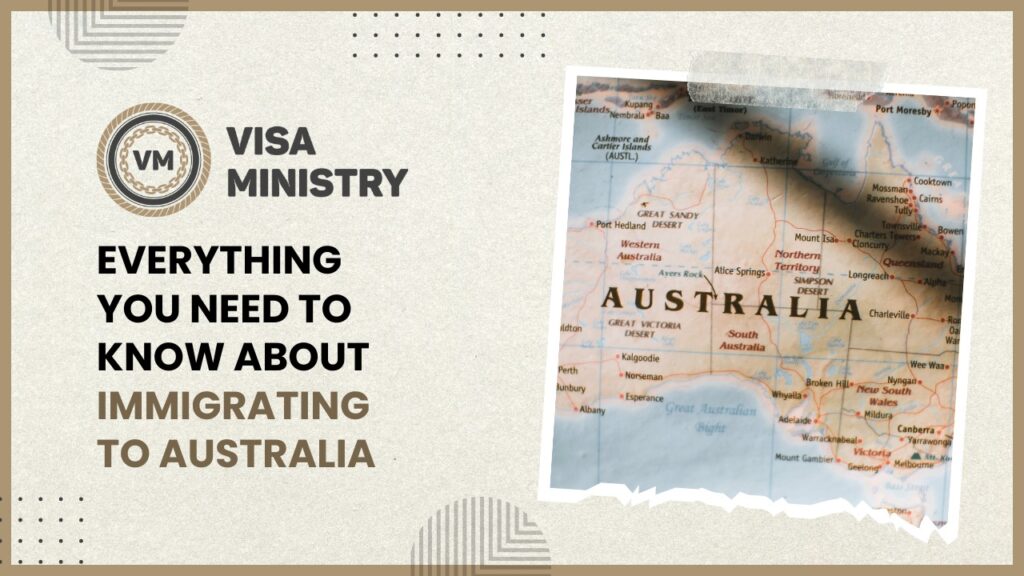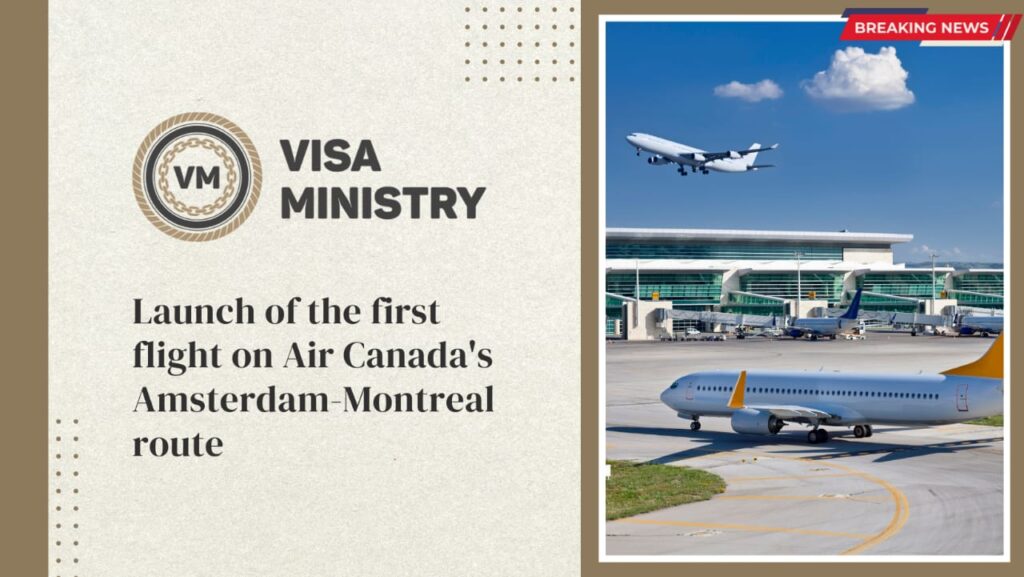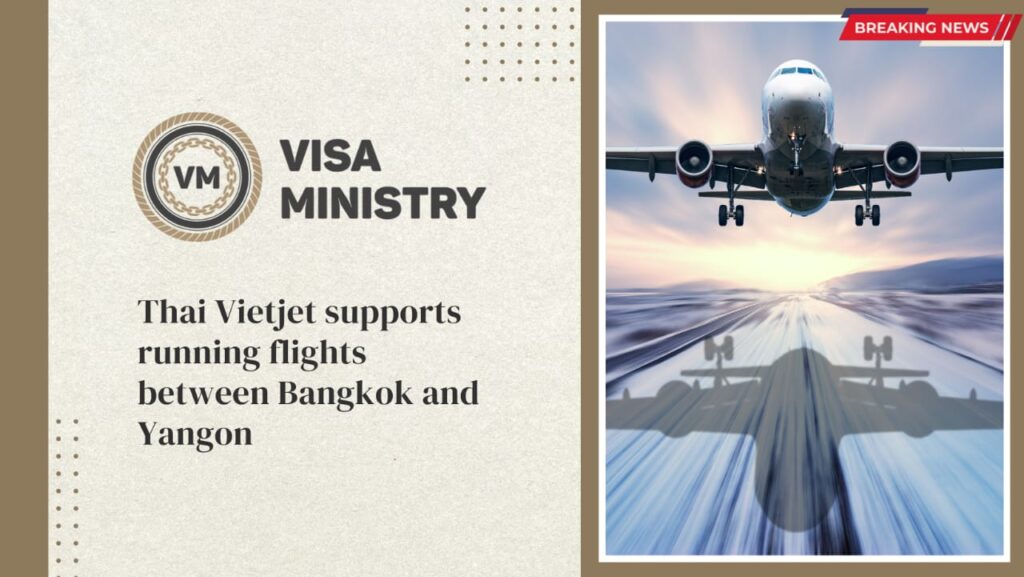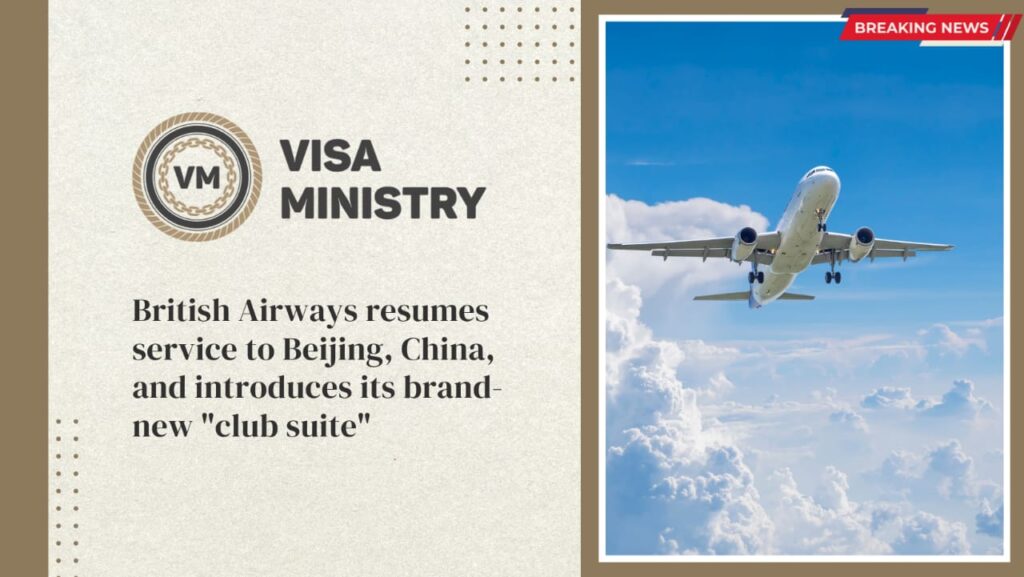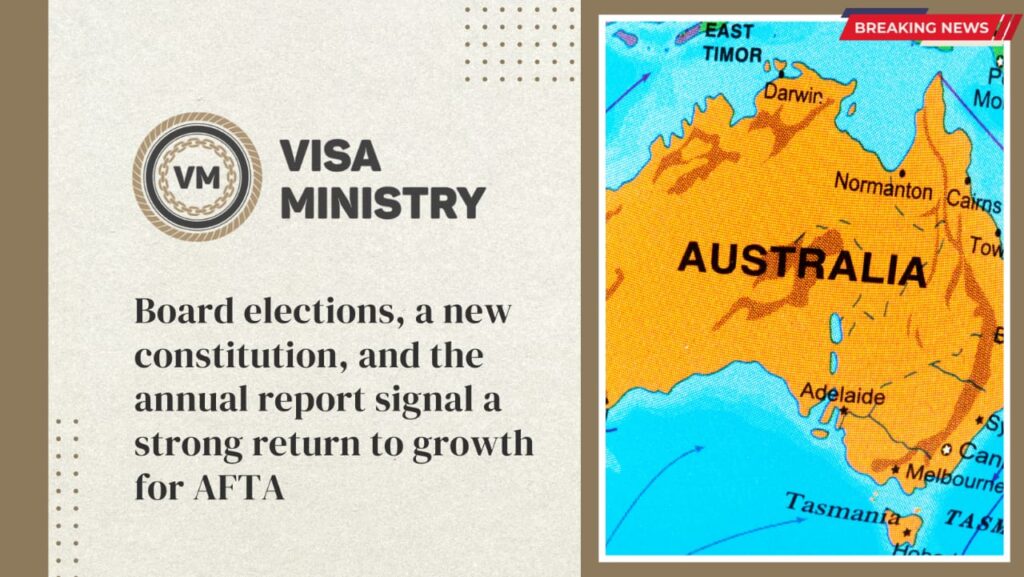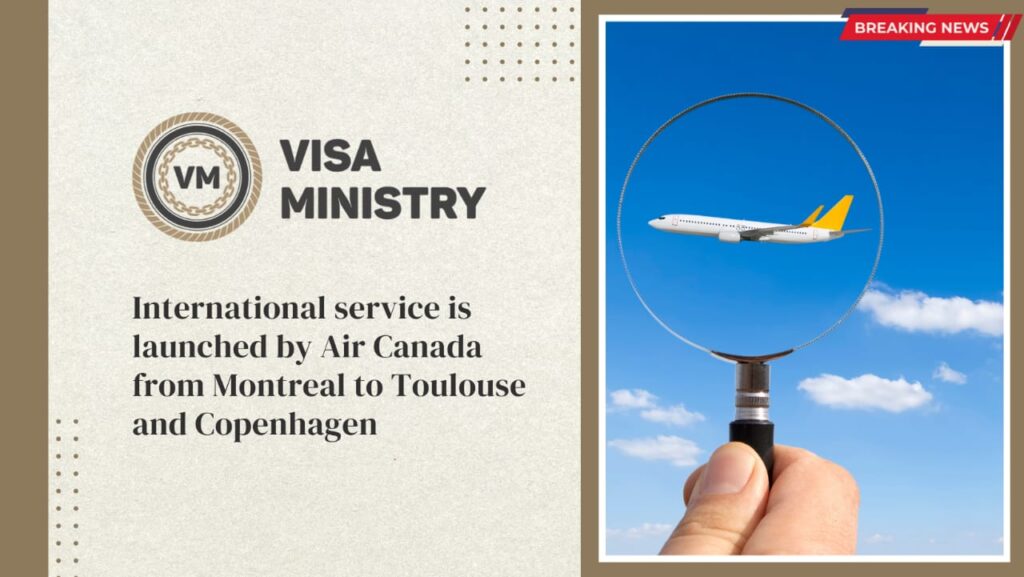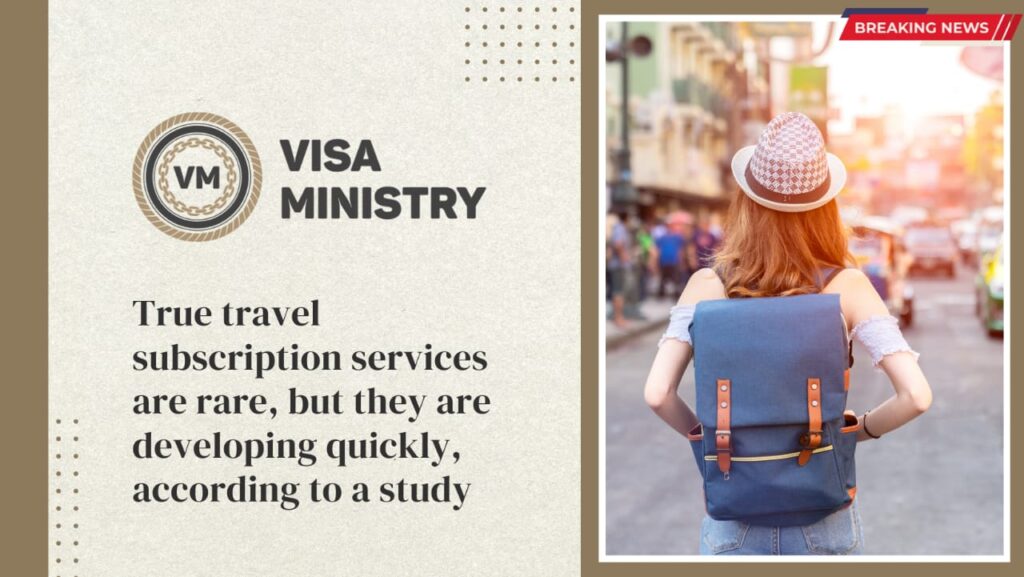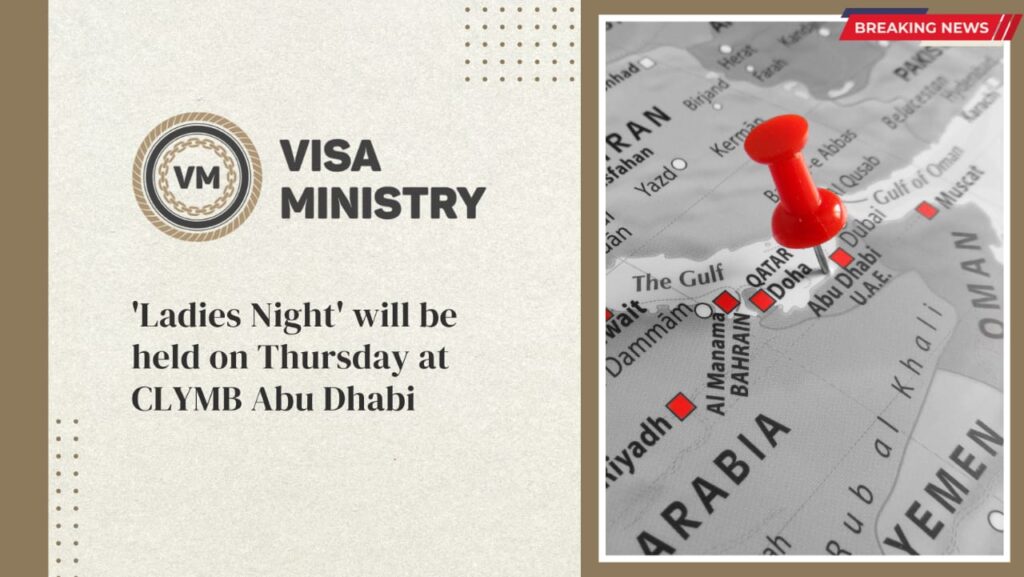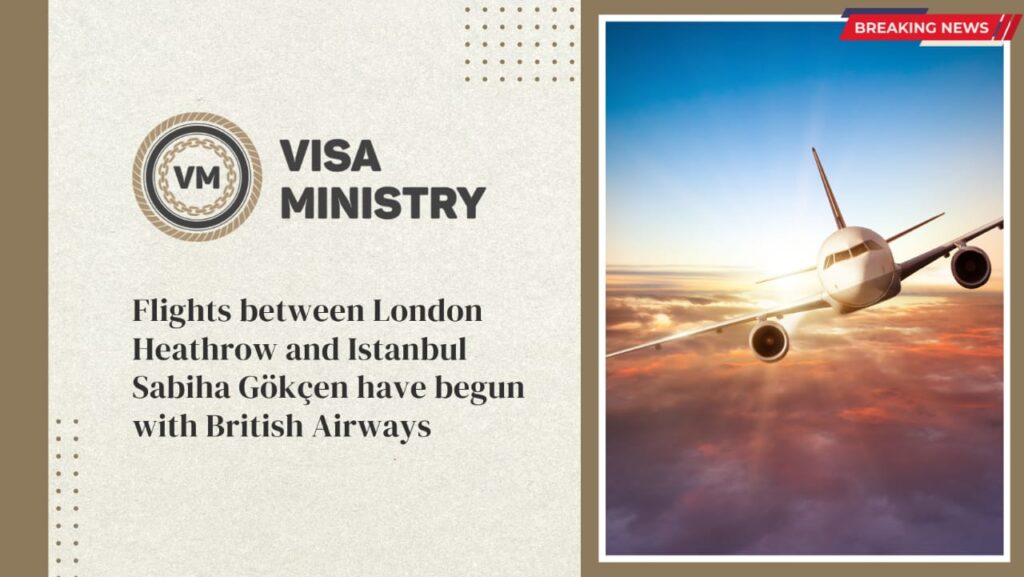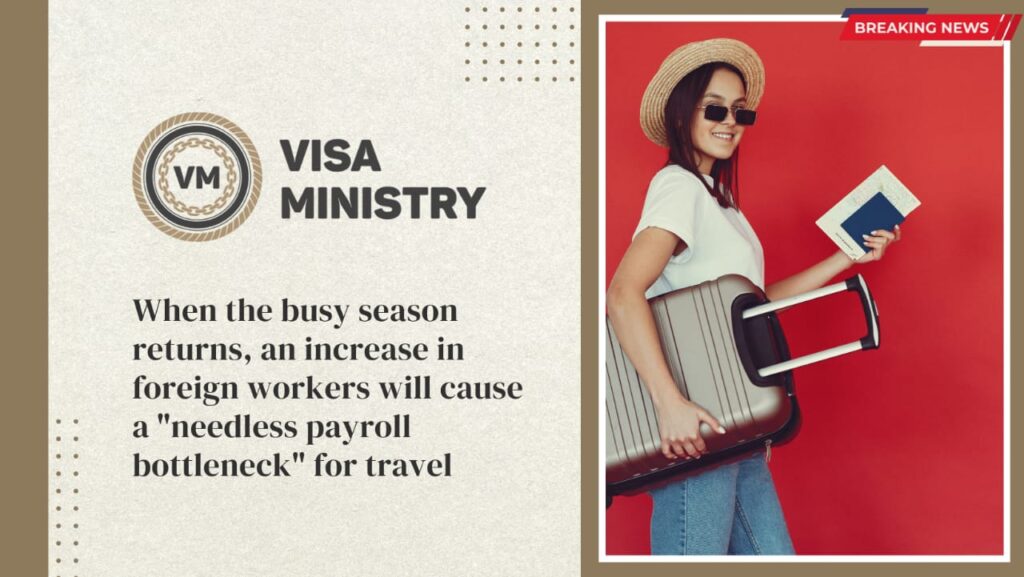Everything You Need to Know About Immigrating to Australia
Australia is known for its beautiful landscapes, warm weather and friendly people. It’s no wonder that many individuals dream of immigrating to Australia and calling it their new home. However, the process of migrating can be overwhelming and confusing without proper guidance. This comprehensive guide will provide you with everything you need to know about immigrating to Australia – from the different types of visas available to tips for a successful application. So sit back, relax, and let us help make your Australian dreams a reality! Who can migrate to Australia? Australia is a welcoming country that encourages people from all over the world to migrate and contribute to its economy and culture. However, not everyone is eligible to immigrate to Australia. Firstly, individuals who want to migrate must meet certain health requirements set by the Australian government. This includes having no serious medical conditions or diseases that could be deemed as a burden on the healthcare system. Secondly, applicants will need to pass character tests which determine whether they pose any security risk or have criminal records. Thirdly, proficiency in English is required for most visa categories, as it’s considered essential for successful integration into Australian society. Additionally, there are age restrictions in place for certain visas – with most requiring applicants to be under 45 years of age. Factors such as education qualifications and work experience also play an important role in determining eligibility. While there are certain criteria that must be met in order to migrate to Australia – the country remains open and accepting of new immigrants from around the world. READ ALSO: The Ultimate Guide to Canada Immigration: Everything You Need to Know The different types of visas Australia offers a wide range of visas for those who want to migrate there. Each visa has specific requirements, and it’s essential to understand which one suits your needs best. Here are some of the different types of visas available: 1. Skilled Visas: This type of visa is for skilled workers who have qualifications or experience in an occupation that Australia requires. 2. Family Visas: Family visas allow Australian citizens, permanent residents, and eligible New Zealand citizens to sponsor their family members’ migration. 3. Student Visas: Student visas are designed for international students looking to study at an Australian educational institution. 4. Working Holiday Visa: The working holiday visa allows young people from certain countries between 18 and 30 years old (35 years old in some cases) to work while traveling through Australia. 5. Business Innovation & Investment Visa: This type of visa is suitable for those who want to start a business or invest in one in Australia. Understanding the various types of visas available can help you determine which option is most appropriate based on your personal circumstances and goals when immigrating to Australia. The points-based immigration system One of the most popular ways to immigrate to Australia is through the points-based immigration system. This system requires applicants to score a minimum number of points based on various factors such as age, language proficiency, education level, work experience and more. The first step in this process is determining which visa subclass you are eligible for. There are several subclasses available including skilled independent visa, skilled nominated visa and employer-sponsored visas. Once you have determined your eligibility, you will need to submit an Expression of Interest (EOI) through SkillSelect. This online platform allows potential migrants to showcase their skills and qualifications to Australian employers and state governments who may be interested in sponsoring them. If selected from the EOI pool, applicants will receive an invitation to apply for their chosen visa subclass. From there, they must provide evidence supporting their claims made in their EOI such as proof of English language proficiency and skills assessments. The points-based system can be complex but it offers a pathway for highly skilled individuals seeking permanent residency in Australia. How to apply for a visa Applying for a visa to immigrate to Australia can seem like a daunting task, but it doesn’t have to be. The first step is to determine which type of visa you are eligible for and interested in obtaining. Once you have decided on the appropriate visa type, gather all necessary documents such as your passport, birth certificate, education qualifications and employment records. Next, create an online account with the Department of Home Affairs and complete the application form accurately. It’s important that you provide truthful answers as any false information could result in your application being denied or even banned from future applications. After submitting your application online, pay the associated fees and wait for processing times which vary depending on the visa type. During this period, it’s important not to make travel plans until after you receive approval of your visa. If additional information is required by immigration officials during processing time they will contact you either via email or telephone so ensure those details provided are up-to-date. In conclusion applying for an Australian immigrant Visa isn’t easy – but following these steps can help simplify the process ensuring success! Tips for a successful application When it comes to applying for a visa to immigrate to Australia, there are certain tips that can help increase the chances of success. Firstly, it is important to research and understand the specific requirements for the type of visa being applied for. This includes meeting any age, language proficiency or work experience criteria. Additionally, ensuring all necessary documents are submitted with the application is crucial. Any missing documentation can delay or even result in rejection of the application entirely. It’s also important to ensure all information provided is accurate and truthful. Having a clear and concise explanation of why you want to immigrate to Australia can also improve an applicant’s chances of success. A genuine passion for living in Australia and contributing positively to society will be viewed favorably by immigration officials. Seeking professional advice from registered migration agents can provide valuable guidance throughout the visa application
Everything You Need to Know About Immigrating to Australia Read More »
